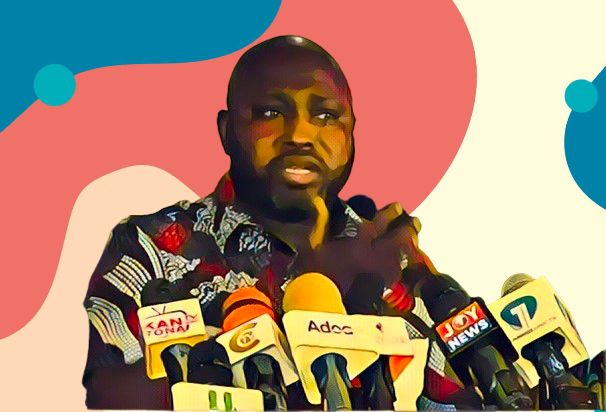Haruna Mohammed, the Deputy General Secretary of the New Patriotic Party (NPP), has categorically rejected calls for Dr. Mathew Opoku Prempeh’s resignation. This stance comes after the Convention People’s Party (CPP) issued a stark demand for Prempeh, who serves both as the NPP’s vice-presidential candidate and the Energy Minister, to step down from his positions within 24 hours.
The controversy ignited over comments Prempeh made during his public introduction as the running mate. He boldly stated that no Ghanaian president had contributed to the nation’s development more profoundly than the current President, Nana Addo Dankwa Akufo-Addo. His remark, “From 1957 till today, no president has protected and propelled Ghana forward like Nana Addo Dankwa Akufo-Addo,” specifically drew sharp criticism for seemingly undermining the legacy of Kwame Nkrumah, Ghana’s revered first president.
The CPP, viewing Nkrumah’s legacy as sacrosanct, responded swiftly and vehemently to Prempeh’s assertion, demanding his immediate resignation for what they considered a severe disrespect to their ideological founder. The request highlights the deeply ingrained political and historical sensitivities in Ghana, a nation still wrestling with its colonial past and the narratives of its founding leaders.
However, in a detailed discussion on JoyNews’ “The Pulse,” Mohammed dismissed the resignation calls as baseless. He defended Prempeh’s comments as typical political rhetoric, emphasizing that the Constitution of Ghana does not prescribe resignation for political statements, regardless of their controversial nature. Mohammed’s argument underscores a broader political reality where historical figures and their legacies are often revisited and reevaluated in the context of current political needs and strategies.
He further argued that the CPP’s demand reflects its political strategy, portraying Nkrumah as a figure beyond reproach and criticism, particularly by rivals like the NPP. This interpretation by Mohammed suggests a strategic dimension to the controversy, with both parties using historical legacies as leverage in their ongoing political tussle.
Additionally, Fiifi Boafo, spokesperson for Dr. Opoku Prempeh, contributed to the debate by characterizing Prempeh’s comments as a subjective opinion rather than an objective assessment of historical facts. Speaking on Adom FM’s “Dwaso Nsem,” Boafo clarified that Prempeh did not intend to diminish Nkrumah’s contributions but rather aimed to highlight the achievements of the current administration. His clarification points to the nuanced ways political figures often navigate the complex interplay of history, politics, and public perception.




